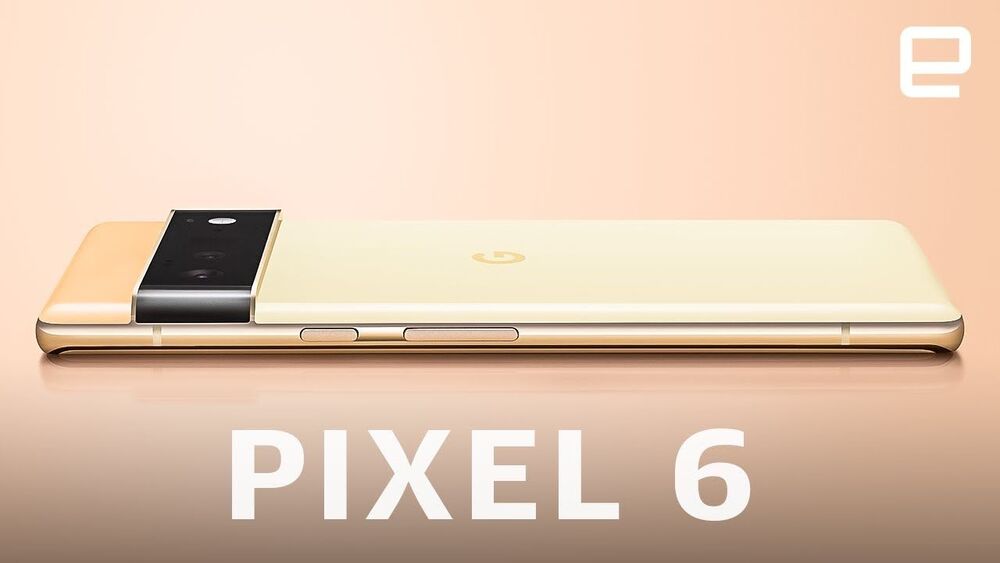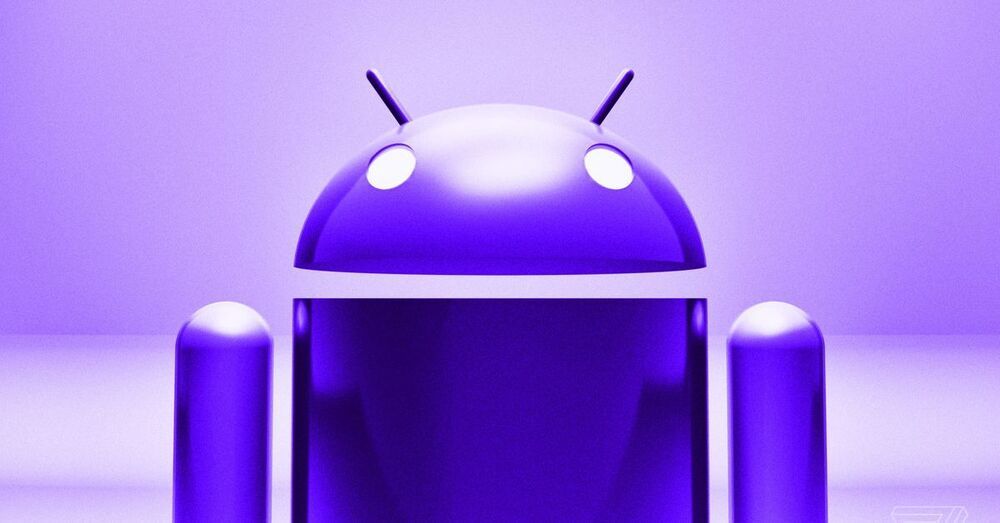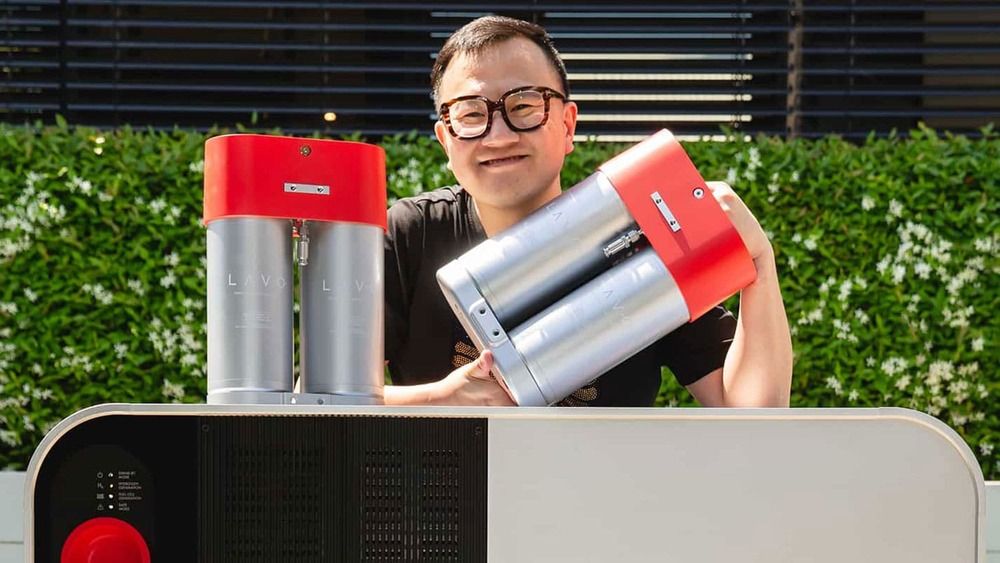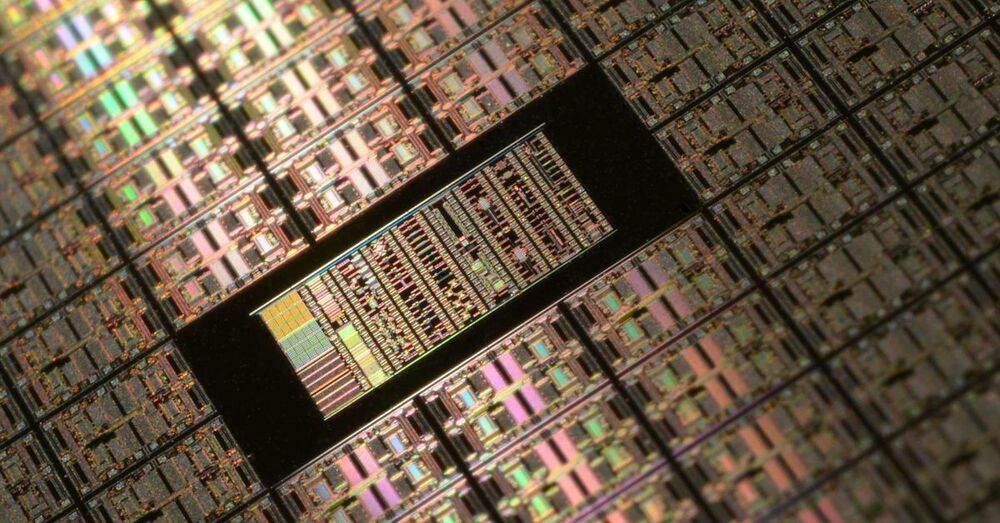Rick Osterloh casually dropped his laptop onto the couch and leaned back, satisfied. It’s not a mic, but the effect is about the same. Google’s chief of hardware had just shown me a demo of the company’s latest feature: computational processing for video that will debut on the Pixel 6 and Pixel 6 Pro. The feature was only possible with Google’s own mobile processor, which it’s announcing today.
He’s understandably proud and excited to share the news. The chip is called Tensor, and it’s the first system-on-chip (SoC) designed by Google. The company has “been at this about five years,” he said, though CEO Sundar Pichai wrote in a statement that Tensor “has been four years in the making and builds off of two decades of Google’s computing experience.”
That software expertise is something Google has come to be known for. It led the way in computational photography with its Night Sight mode for low light shots, and weirded out the world with how successfully its conversational AI Duplex was able to mimic human speech — right down to the “ums and ahs.” Tensor both leverages Google’s machine learning prowess and enables the company to bring AI experiences to smartphones that it couldn’t before.









